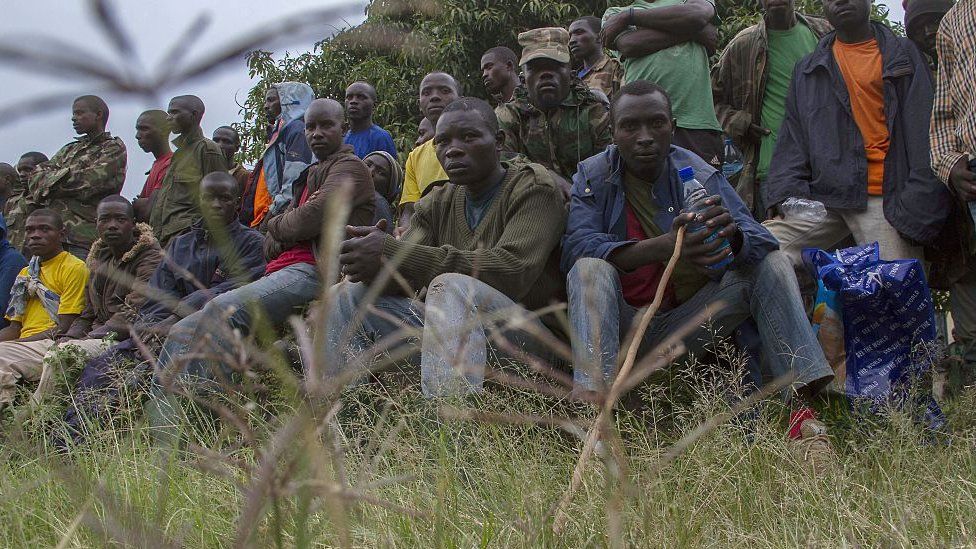Rebels in the eastern Democratic Republic of Congo have denied shooting down a UN helicopter, killing eight peacekeepers on-board.
DR Congo’s army had blamed M23 rebels for the crash in which six Pakistanis, a Russian and a Serbian died.
It went down in North Kivu province where there has been fierce clashes between M23 fighters and the army.
The rebels, who had been driven out of DR Congo in 2013, have regrouped and retaken strategic areas since Monday.
The UN says more than 13,000 people have fled their homes to escape the heavy fighting. Witnesses told the BBC that hundreds of Congolese were crossing the border into Uganda on Wednesday as sounds of gunfire and explosions could be heard.
Read more>>Comparison Between Ukraine and Russia’s militaries
WANT TO HIRE WEBSITE DESIGNER CONTACT US @Kalda-Tech Systems , See a sample of our work
The UN mission in DR Congo (Monusco) said it lost contact on Tuesday with the helicopter while it was a reconnaissance mission over Tshanzu.
This is an area that used to be a key base for the M23, south-east of the town of Rutshuru in North Kivu province, near the borders with Uganda and Rwanda.
There are reports that Uganda and Rwanda have deployed troops to their borders with DR Congo because of the clashes.
Earlier, DR Congo said some Rwandan soldiers were backing the rebels, an allegation denied by Kigali.
The UN has refused to be drawn into the blame game over the helicopter crash and said investigations were under way.
M23 rebels captured large parts of North Kivu a decade ago – they were eventually routed and as part of a regional peace deal disarmed and mainly moved into camps in Uganda.

However, in recent months they have been slowly leaving the camps after complaints that the deal was not being honoured.
The group was formed largely by Congolese army deserters who took up arms accusing the government of marginalising the country’s ethnic Tutsi minority and failing to honour previous peace accords.
The fighters named themselves after a 23 March 2009 peace deal signed by the government and a former pro-Tutsi militia.


